Will Blueberries grow in sandy fill?
ScottCanada
10 years ago
Related Stories
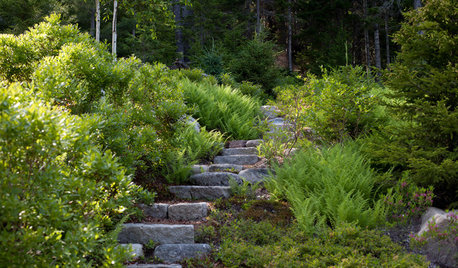
GARDENING GUIDESGreat Design Plant: Grow Blueberries for Their Fruit and More
Eastern gardeners should consider growing blueberry plants for their delicious fruits, bee-friendly spring blooms and brilliant fall foliage
Full Story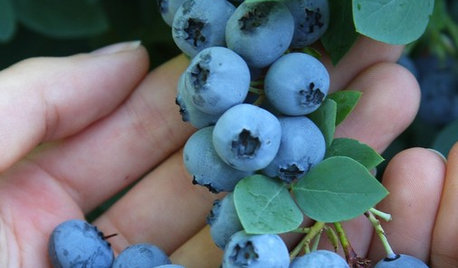
EDIBLE GARDENSSummer Crop: How to Grow Blueberries
Plant blueberries in spring or fall for garden beauty through three seasons — and a sweet superfood in summer
Full Story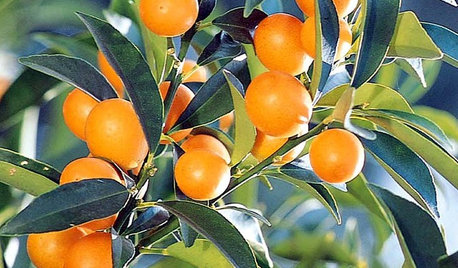
FALL GARDENING5 Fall Fruits You Can Grow in Containers
Brighten your porch or patio with a potted pomegranate, kumquat, blueberry bush or another great fall fruit
Full Story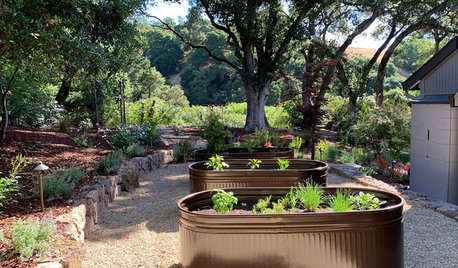
FARM YOUR YARD6 Things to Know Before You Start Growing Your Own Food
It takes time and practice, but growing edibles in the suburbs or city is possible with smart prep and patience
Full Story
EDIBLE GARDENSHow to Grow Your Own Sweet Summer Crops
This guide will help any gardener get started on growing the freshest warm-season veggies and berries for summer
Full Story
EARTH DAYGrow a Beautiful Garden With Ecofriendly Greywater
Reducing home water waste means lower bills and a healthier planet. Here's how to set up a greywater home irrigation system that can help
Full Story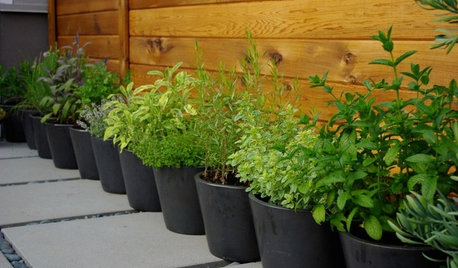
GARDENING GUIDES6 Ways to Grow Edibles in Small Places
No big backyard? Join in the grow-your-own fun with these small-space ideas for planting vegetables, fruits and herbs
Full Story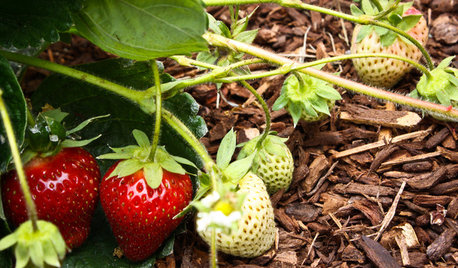
SPRING GARDENINGSummer Crops: How to Grow Strawberries
Pluck your own sweet strawberries right from the garden vine for smoothies, salads or eating then and there
Full Story
FARM YOUR YARDHow to Grow Vegetables in Containers
Get glorious vegetables and fruits on your patio with a pro’s guidance — including his personal recipe for potting mix
Full Story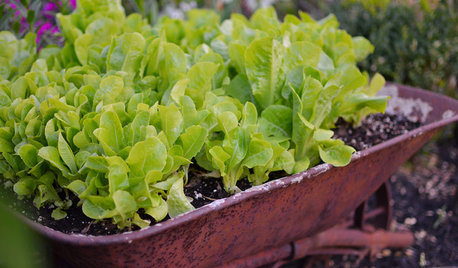
GARDENING GUIDESYes, You Can Grow Food in a Shady Yard
Your shady garden doesn’t have to be forever barren. Berries, herbs and other shade-loving plants can produce a delicious bounty
Full Story





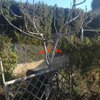
drew51 SE MI Z5b/6a
alan haigh
Related Professionals
Kenmore Landscape Architects & Landscape Designers · Matthews Landscape Contractors · Allentown Landscape Contractors · Maple Valley Landscape Contractors · Cambridge Landscape Contractors · Cordele Landscape Contractors · Gaithersburg Landscape Contractors · Kailua Landscape Contractors · Lake Saint Louis Landscape Contractors · New Brighton Landscape Contractors · San Antonio Landscape Contractors · Santa Maria Landscape Contractors · Wallingford Landscape Contractors · Woodbury Landscape Contractors · Palos Heights Landscape ContractorsScottCanadaOriginal Author
bamboo_rabbit
drew51 SE MI Z5b/6a
fireweed22
bamboo_rabbit
drew51 SE MI Z5b/6a
bamboo_rabbit
drew51 SE MI Z5b/6a
drew51 SE MI Z5b/6a